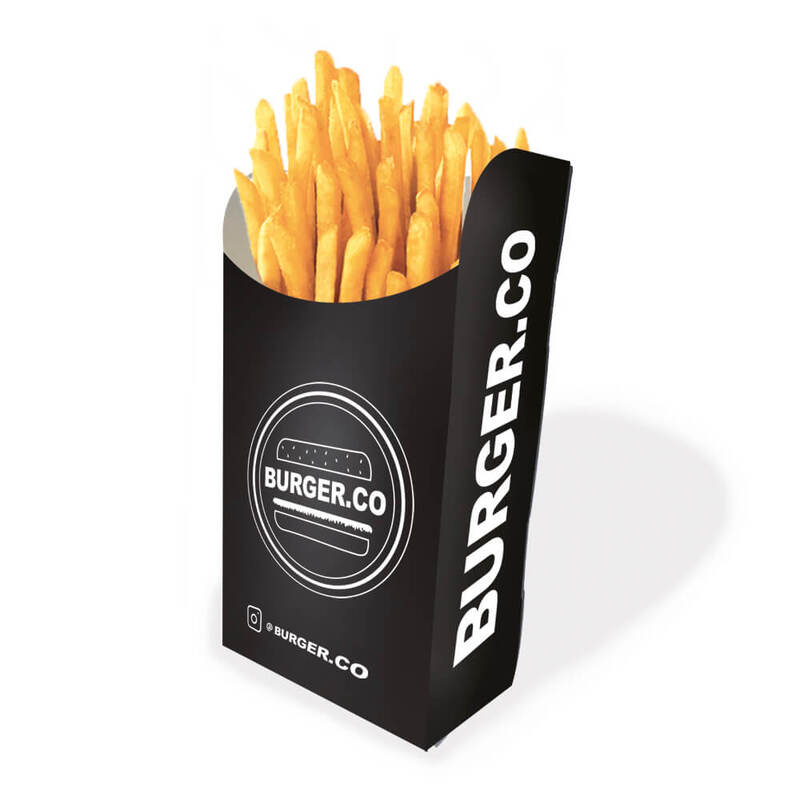The Impact of Disposable Plastic Coffee Cups on Our Environment
In recent years, the convenience of disposable plastic coffee cups has surged in popularity, spurred by the fast-paced lifestyles of modern consumers
. Whether grabbing a quick caffeine fix on the way to work or indulging in a weekend coffee ritual, more people are opting for single-use cups, often without considering the long-term consequences on our environment. This article delves into the environmental implications of disposable plastic coffee cups, highlighting the urgent need for change.Firstly, it is crucial to understand the materials that make up these seemingly innocuous cups. Most disposable coffee cups are made from a combination of plastic and paper, coated with a thin layer of polyethylene to prevent leaks. This design, however, complicates the recycling process; while the outer paper can be recycled, the plastic lining often renders these cups non-recyclable in many facilities. As a result, billions of these cups end up in landfills each year, where they can take decades, if not centuries, to decompose.
According to a report from the Environmental Protection Agency (EPA), millions of tons of plastic waste are generated annually, with a significant portion coming from single-use items like coffee cups. As litter, these cups not only mar landscapes but also pose serious threats to wildlife. Animals can mistake plastic for food, leading to ingestion that can cause health issues or even death. Furthermore, plastic pollution contributes to the larger issue of microplastics, tiny particles that infiltrate our ecosystems, food chains, and, ultimately, our bodies.
The production of disposable plastic coffee cups also carries a heavy environmental toll, as it requires substantial amounts of water, energy, and raw materials. The extraction and processing of petroleum for plastics emit greenhouse gases, contributing to climate change. According to a study by the Carbon Trust, the carbon footprint of a single plastic cup, when considering its production, transportation, and waste management, is significant—equivalent to the carbon emissions produced by a car driving about 1.5 kilometers.
disposable plastic coffee cup

In response to the growing awareness of these issues, various initiatives are being implemented worldwide to reduce the consumption of disposable coffee cups. Many coffee shops have begun offering discounts for customers who bring their reusable cups, encouraging a shift in consumer behavior. Additionally, some municipalities have taken the step of banning disposable plastic items altogether, creating a ripple effect in the industry as businesses adapt to new regulations.
However, the responsibility does not solely rest on businesses or governments; consumers also play a crucial role in driving change. By opting for reusable cups, individuals can significantly decrease their ecological footprint. The diversity of options available today, from stainless steel and glass to biodegradable materials, makes it easier than ever to make sustainable choices that benefit the environment.
Education and awareness are equally important in this movement. Campaigns aimed at highlighting the harmful effects of plastic pollution can motivate more individuals to change their habits. Schools, universities, and organizations can contribute by hosting workshops and events that promote sustainability, fostering a culture that values the environment over convenience.
In conclusion, while disposable plastic coffee cups offer immediate convenience, their long-term environmental consequences can no longer be ignored. By understanding the impact of our choices, advocating for policy changes, and adopting sustainable practices, we can significantly reduce the environmental burden caused by these single-use items. Making small adjustments in our daily routines and promoting a collective shift toward sustainability can pave the way for a healthier planet. The change begins with each of us, one cup at a time.



